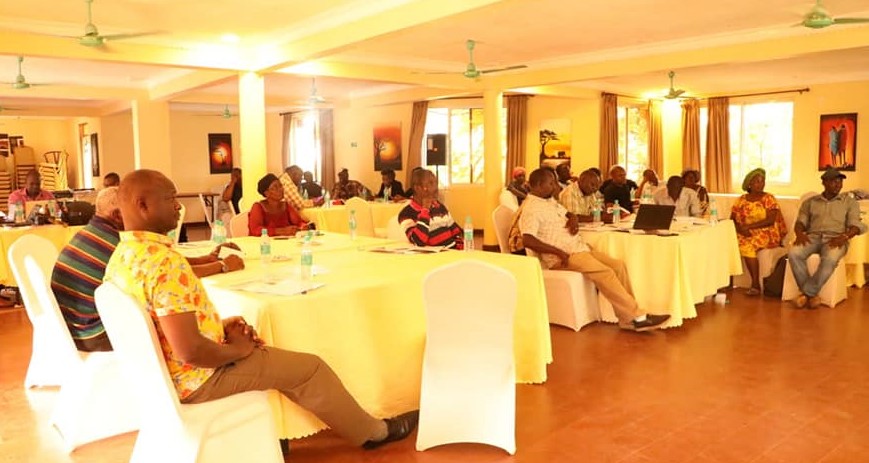When Kenya became independent from the shackles of colonialism, the founding fathers were keen to anchor the prosperity of the young nation on the tenets of pulling together through the Harambee philosophy.
Engineered to propel Kenya to a modern developed nation, Harambee emphasised the need for communities to come together for the greater good of all and most importantly of those less fortunate.
Ever since independence, the cooperative movement across communities and sectors in Kenya has been vibrant and delivered millions from the chains of abject poverty.
Today, the cooperative movement in Kenya, ranked the strongest in Africa and a hallmark of success around the globe, is a key pillar of the country’s economic growth, contributing to about 43 percent of the country’s Gross Domestic Product (GDP).
To put that into a layman’s perspective, Kenya’s cooperative societies formally employ individuals in the excess of 300,000 in addition to the millions who are into self-employment courtesy of funding and training from such societies.
At the county level, Taita Taveta residents are joining the cooperative society wave in their droves thanks to educational training programmes from the National Government, County Government, and a range of other stakeholders.
In 2021, a record-breaking 73,828 members enrolled in cooperative societies, with saving and credit cooperative societies claiming the lion’s share of the new membership.
According to Erastus Gonzi, the county’s acting co-operatives commissioner, said the new awakening has been a fruit of concerted efforts by the national and county government in collaboration with Non-Governmental Organisations (NGOs) geared towards educating local farmers and small business owners on the benefits of cooperative societies.
“We’re clocking this milestone of a vibrant co-operative society’s movement thanks to collaborative efforts by the national and county governments in a partnership with a number of NGOs into educating our people on the socio-economic benefits of belonging to such societies,” said Mr Gonzi.
Cooperative societies in Taita Taveta are spread into a range of sectors, including dairy farming, horticulture, beekeeping, conservation, livestock, and a score of other agricultural and non-agricultural activities.
Setting the bar high are the Tagho and Wumingu saving and credit cooperative societies with membership from dairy farmers spanning over 20 villages in Wundanyi, Taita Sub-County.
Apart from establishing a seamless chain to deliver milk to the Tagho dairy, the two cooperative societies have been a financial source to the over two thousand members, who can borrow funds from the collective kitty and repay at very affordable interest rates.
To Simon Mwakisha, a dairy farmer and a member of the Tagho savings and credit cooperative society, the SACCO has only brought good tidings to his socio-economic status.
“It’s been a journey that I look back with pride from the time I joined the SACCO to date. I have secured loans and built rental houses in Wundanyi town. I have a source of income and a place I can secure affordable loans against my savings,” shared a joyful Mr Mwakisha.
Mr Gonzi said that the fruits of the cooperative movement in the county are only a drop into the ocean of the benefits that locals can draw from being members of savings and credit societies. He urged other residents to borrow a leaf from those who have joined the movement and realize an even developed and empowered grassroots community.
“What we’re counting as success is only a drop into the ocean of benefits locals can get from joining SACCOS. If we can have everyone at the legal age joining the movement then we would be talking of massive development and revenue-generation at the very basic unit of society,” added Mr Gonzi.
To support and safeguard the interests of Kenyans in cooperative societies, the national government has put in place measures to ensure that cooperative societies operate within the best national and international practices.
Key among these measures is the Sacco Societies Regulatory Authority (SaSRA) under the SACCO Societies Act 2008, which laid down prudential regulations to enhance accountability and transparency for all deposit-centered SACCOs with an aim to spur economic growth through domestic savings.
By Arnold Linga Masila





